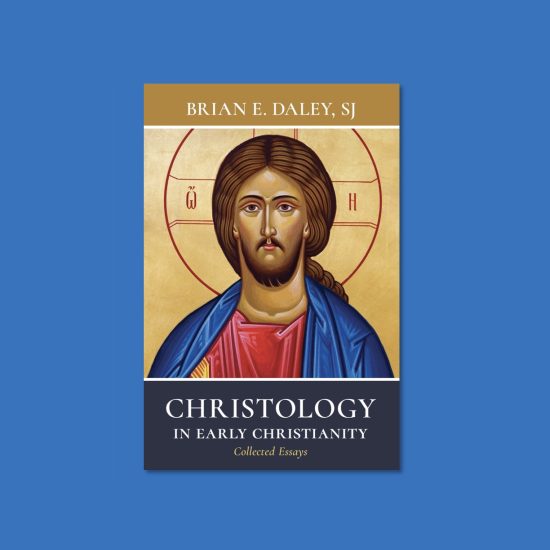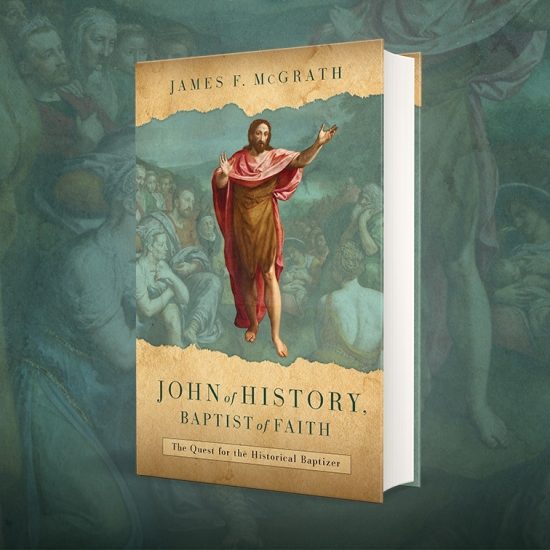ABILENE — Jesus taught important ethical lessons while dining, Emmanuel McCall told participants at Logsdon School of Theology’s annual Maston Lectures.
McCall pointed to three ethical themes Jesus emphasized as he dined with his disciples and others.
• Compassion. The Gospels describe two occasions when Jesus fed large crowds who had gathered to hear him teach and perform miracles.
“The ethical imperatives in both instances are similar,” McCall said. “Jesus had compassion on the people. He felt concern and sorrow for their plight. They had left home in search of truth or in need of a blessing. Without food, they would perish.”
Compassion is different from pity, sorrow or feeling bad, he said. “Compassion is an ethical response to human situations. … Compassion does not send people away without some resolution to their problem, or at least willingness to work on a solution.”
• Care for others. Jesus once told a story about a host whose intended guests all turned down his invitation. So, he sent his servants into the streets to invite day laborers, hungry people and the poor to participate in his sumptuous banquet. McCall acknowledged most Christians cite this parable as an evangelistic lesson about sharing the gospel with all kinds of people. But in so doing, “we gloss over the ethical imperatives” of the story, he said. “We must not miss the fact that the generous patron wanted everyone included in his banquet…. Those who cannot care for themselves, society’s unfortunates, the social ‘misfits’…cannot be helped by remote control,” he said. “They have to be touched and nurtured.”
• Focused singularity. After Jesus’ resurrection, Peter and some of the disciples returned to their previous occupation, fishing. Early in the morning, Jesus prepared breakfast for them on the beach. When they finished eating, Jesus focused his attention on Peter, who had denied knowing him, and asked, “Do you love me more than these?”
“The real concern is on the ethic of singularity,” McCall said, stressing Jesus’ straightforward question carried a raft of implications: “Do you love me more than you love these? These fish? These men over whom you function as a leader? These boats? This security of employment? What is the most important thing to you? To what can you or will you give your complete loyalty? Is it necessary to keep a career option alive, or can you turn loose and become singularly focused on me? You can’t be the ‘Rock’ and lead these men to do my biddings with divided loyalties. What is it going to be Peter, me or these?”
Marv Knox is editor of Texas Baptist Standard.






